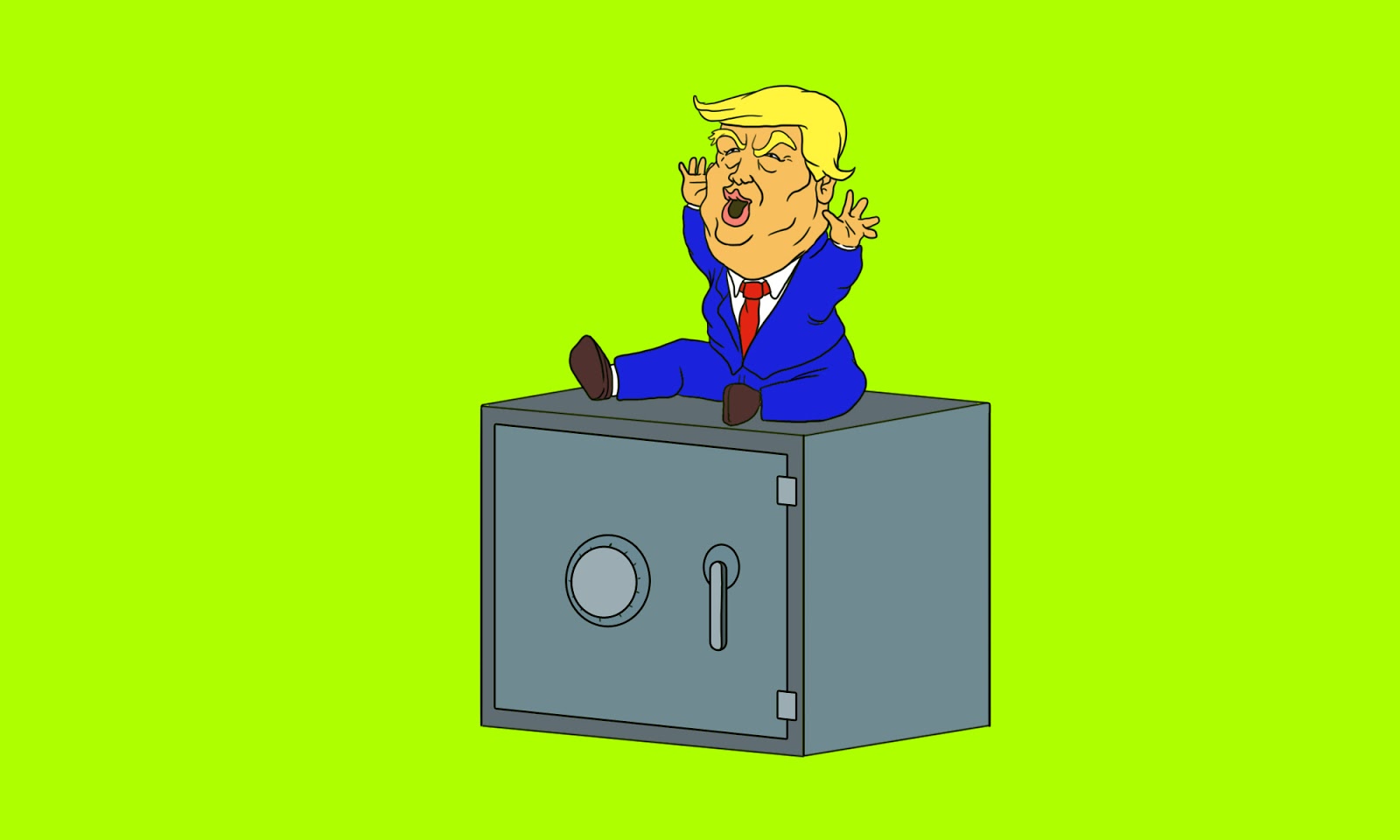Trump’s secret Chinese bank account revealed by New York Times
Trump International Hotels Management paid over $180,000 in taxes to the Chinese government from a local bank account from 2013 to 2015, and Trump himself has benefited financially from Chinese business connections in more recent years, the New York Times reported.

Since the very beginning of the Trump presidency, questions have been raised about Donald Trump’s conflicts of interest in China.
- In the first few months of 2017, the U.S. president became the owner of several trademarks in China that were approved at a speed that can be charitably described as “curious.”
- Trump’s daughter Ivanka Trump, officially an adviser to the president, received export subsidies in China to produce thousands of her name-brand handbags as recently as February 2017, the Associated Press reported.
- Other business schemes by those in Trump’s orbit, including an effort by relatives of Trump’s son-in-law, Jared Kushner, to attract Chinese real estate investment in exchange for EB-5 visas, were revealed in 2017 and 2018.
- Ivanka Trump has repeatedly been granted trademarks by Chinese regulators during Trump’s presidency. One batch of trademark approvals came in 2018, right around the time that Trump surprised his own political supporters by backtracking on punishments for Chinese telecom giant ZTE.
The newest revelation: Trump’s Chinese bank account. As the New York Times revealed yesterday:
…it turns out that China is one of only three foreign nations — the others are Britain and Ireland — where Mr. Trump maintains a bank account, according to an analysis of the president’s tax records, which were obtained by The New York Times…
The Chinese account is controlled by Trump International Hotels Management L.L.C., which the tax records show paid $188,561 in taxes in China while pursuing licensing deals there from 2013 to 2015.
“It is difficult to determine from the tax records precisely how much money Mr. Trump has spent trying to land business in China,” the NYT writes. Similarly opaque is the source of a windfall in 2017 of “$17.5 million, more than the previous five years’ combined” to Trump International Hotels Management.
Three Trump properties — in Las Vegas, Vancouver, and New York — saw significant inflows from Chinese clients in 2016 and in early 2017, the NYT adds. According to Trump’s tax records, he “reported a capital gain of at least $5.6 million” in 2017 from the sale of a Park Avenue penthouse to Angela Chen (陈晓燕 Chén Xiǎoyàn), a well-connected Chinese businesswoman.
Our takeaway
According to a scathing account by former national security adviser John Bolton published in June, almost everything in Trump’s approach to China has been driven by self-interest — for example, pushing China to buy soybeans in order to win reelection.
Trump’s chaotic style of governing and negotiating with foreign leaders makes it difficult to discern his motivations for many actions. In backing down on ZTE in May 2018, for example, commentators speculated on multiple possible motivations, but we still don’t know for sure.
As long as Trump’s business interests in China are not fully transparent, we cannot rule out that decisions on China policy were made, or are still being made, partially influenced by direct personal benefit to the American president himself.






